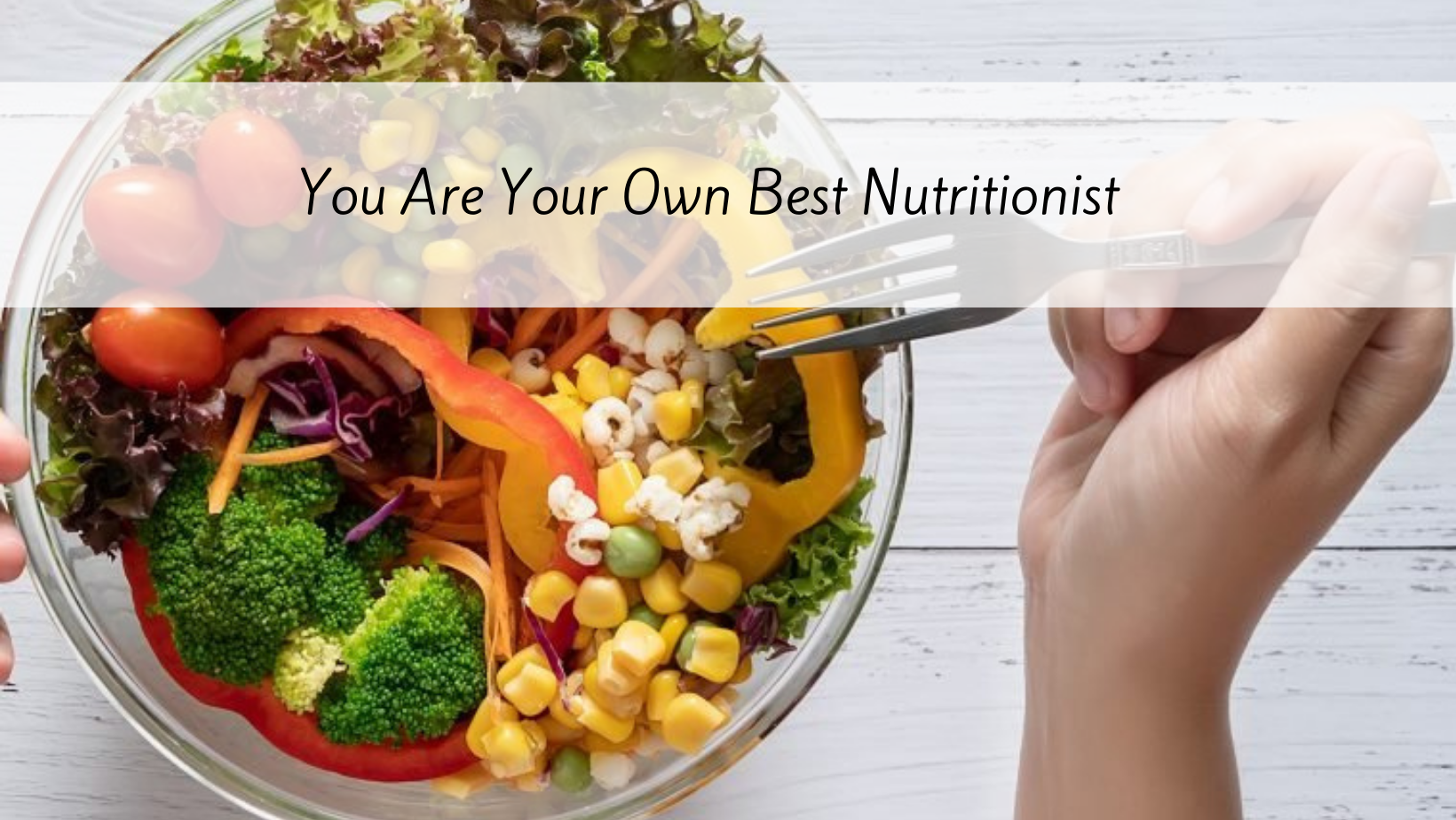You Are Your Own Best Nutritionist
As a nutritionist, I've worked with many clients that are interested in weight loss. They spend their days counting calories, watching what they eat, and avoiding offensive foods that undermine their ability to fit into their favorite dress. In an effort to control their internal environment, they stay painstakingly aware of their external world.
Time after time, this approach fails, and they end up in my office feeling desperate and angry. This is usually about the time I bring up the concept of Intuitive Eating.
Intuitive Eating is a nutrition philosophy that's based on the premise that we all know how to nourish ourselves for optimal health; we just need to learn how to tap into our body's signals. If we can become attuned to our hunger signals and what our body is telling us, we can reach our goals and live in harmony with our body.
When researchers examined the connection between someone's ability to listen to their body signals and their relationship with food, the results were very eye-opening.
By measuring something called Intereoceptive sensitivity (IS or individual ability to perceive and process body signals), researchers were able to look at the idea of intuitive Eating through a scientific lens. In the study, women were assessed for their ability to understand what is happening inside their body (IS). This was done by performing a heartbeat perception task, where the participants were asked to pay attention to their heartbeat while hooked up to an electrocardiogram.
The same women were then assessed for their relationship with food by completing a 21-item Intuitive Eating Scale(IES). The IES measured three components of intuitive Eating, including:
1. Unconditional permission to eat when hungry, and what food is desired.
2. Eating for physical rather than emotional reasons.
3. Reliance on internal hunger and satiety cues to determine when and how much to eat.
The study results showed an indisputable correlation between their ability to listen to their body, and the nature of their relationship with food. Women scoring high on the IS test were less likely to use food emotionally and more likely to rely on internal hunger cues.
These same women were also more likely than participants who scored low on the IS test to give themselves unconditional permission to eat. What's more, the researchers found a positive correlation between listening to one's body and weight regulation. This was determined by lower BMI's in women who were more sensitive to their body signals.
This study has provided scientific evidence for something we all know in our hearts. We are our own best nutritionist. Before you go out and buy your next diet book, try listening to what your body has to say. .
